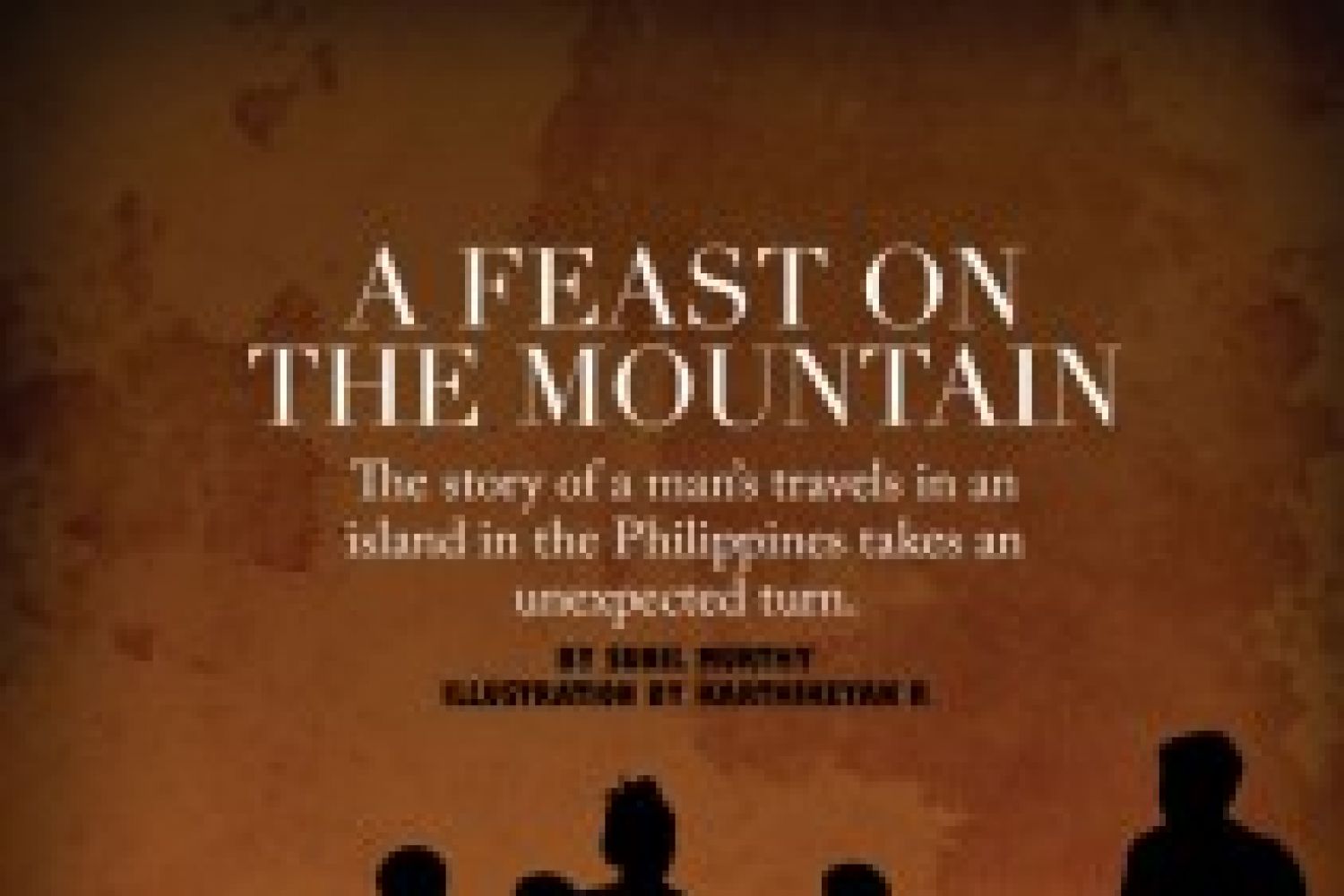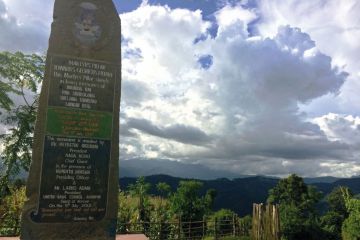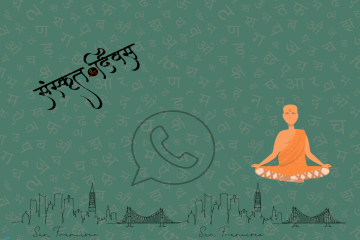
Trails of hot vapour
drift out from the old kitchen like dragons, carrying smells of frying pork,
spices and whatnot, through the din of noisy customers and laughter of whores
who sat on their laps or tottered between tables on stilettos. The tall mirrors
on the walls reflected the jeeps and scooters as they blared their way along
the wide avenue, lit up by the coloured signs that burned against the night
sky. Now and again someone would feed the jukebox and sit down to hear CCR yet
again.





